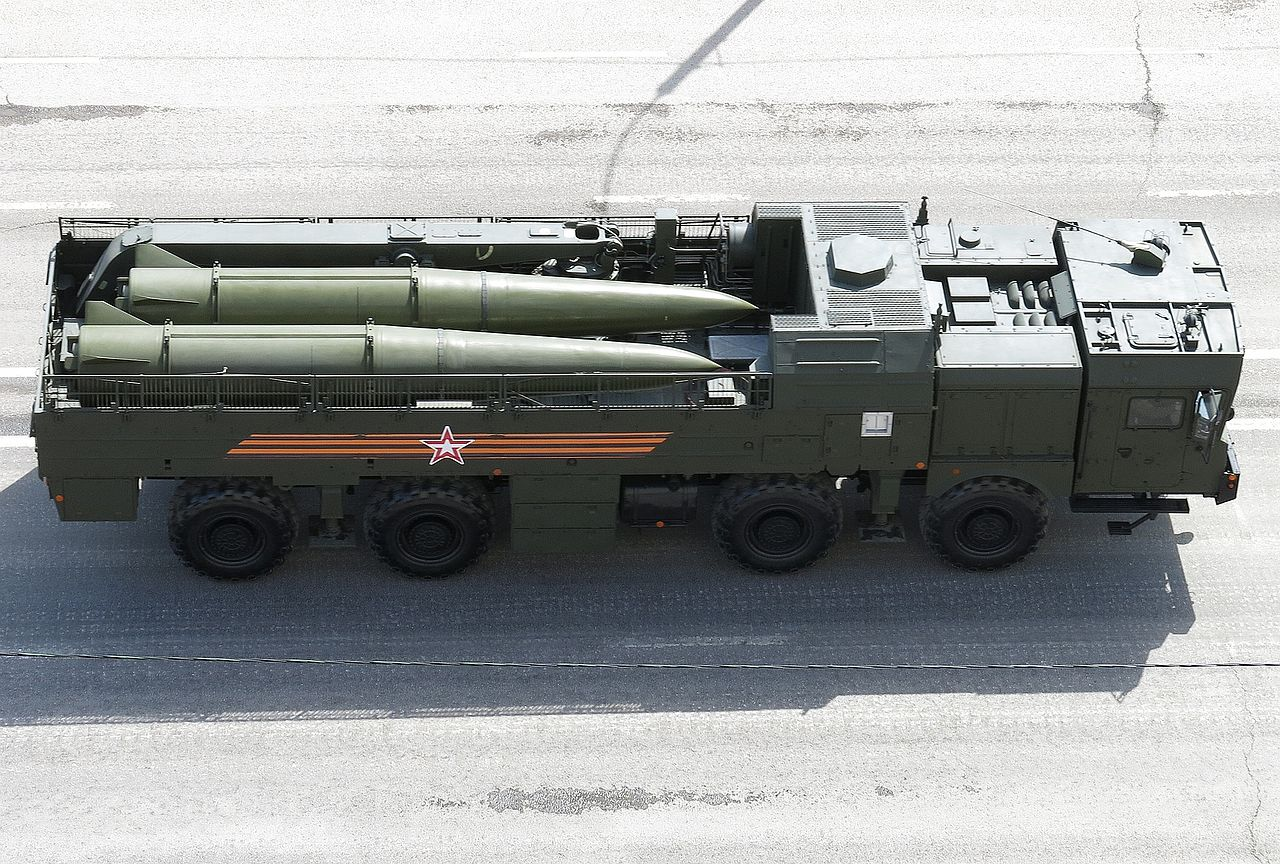Shifting Priorities: Belarus Wraps Up CSTO Chairmanship, Hands Over to Kazakhstan
 The situation has gotten better
The situation has gotten better

Belarus made use of the CSTO summit in Minsk to voice more criticism of the West and highlight its achievements during its chairmanship in the organization. Despite its self-praise, Minsk fell short in two critical areas: maintaining CSTO cohesion and bolstering its international role. This setback is attributed to Armenia’s stance and the West’s lack of engagement with the organization. However, the anti-Western stance from Minsk didn’t resonate with Kazakhstan, which is set to take over the CSTO chairmanship in 2024.
The Collective Security Treaty Organization summit took place in Minsk on November 23, marking the end of Belarus’s chairmanship on December 31, 2023.
Presided over by Alexander Lukashenka, the summit aimed to unite CSTO members on an anti-Western platform. Throughout its chairmanship, Belarus prioritized strengthening internal CSTO cohesion and enhancing its global standing. Lukashenka claims these goals were achieved, despite Armenia’s demarche due to the CSTO’s failure to assist Armenia during Azerbaijan’s actions in Nagorno-Karabakh. Armenian Prime Minister Nikol Pashinyan had earlier skipped the Minsk summit, citing the CSTO’s failure to fulfill its obligations to Armenia.
One unmet goal of Belarus’s chairmanship was expanding contacts with international organizations like the OSCE.
In line with tradition, Lukashenka’s summit rhetoric focused heavily on criticizing the West. He accused the U.S. and EU of deliberately escalating an arms race, fostering regional conflicts, employing double standards, and aiding Ukraine. NATO was criticized for expanding eastward and allegedly planning a nuclear strike on Belarus. Lukashenka also spoke about sanctions, military provocations, information sabotage, and coup preparations, accusing NATO of being ready to involve its forces.
Interestingly, Lukashenka asserted that the deployment of Russian nuclear weapons on Belarusian territory posed no threat but was merely “diplomatic etiquette” in response to similar actions by the West. He emphasized that a robust military presence guarantees regional security and provides the right to a voice in the international arena.
In his anti-Western rhetoric, Lukashenka even surpassed Vladimir Putin, who focused on CSTO achievements without mentioning the West. These achievements included measures to maintain combat readiness, enhance the command and control system, and increase military personnel training.
Typically, the anti-Western sentiments of Belarus and Russia don’t sit well with other CSTO allies. As a result, Kazakhstan, set to assume chairmanship in 2024, is expected to avoid attacks on Western partners, messages about desiring a multipolar world, and criticism of Ukraine. President of Kazakhstan Kassym-Jomart Tokayev emphasized the need to avoid constant discussions about growing threats to CSTO member states’ security, as such statements may be incorrectly interpreted. Kazakhstan’s priorities for its CSTO chairmanship include:
- Cooperation with interested countries and international organizations in security, including the UN, CIS, and SCO.
- Interaction on military cooperation issues, finalization of the regulatory framework for ensuring the rapid deployment of CSTO collective forces, development of a system for training military personnel, and enhancement of the military-scientific potential of CSTO member states.
- Combating international terrorism and extremism, illicit trafficking of narcotic drugs and psychotropic substances.
- Combating illicit arms trafficking and organized transnational crime.
- Prevention and response to emergency situations.
- Combating crimes in the field of information technology.
Subscribe to our newsletter




Situation in Belarus
Constitutional referendum: main consequences


 Video
Video
How to count the political prisoners: are the new criteria needed?


 Video
Video
Paternalism In Decline, Belarusian Euroscepticism, And The Influence Of Russia


 Video
Video












